Betsy DeVos, the 11th U.S. Secretary of Education, has had a significant influence on adult education and lifelong learning. Known for her advocacy of school choice and voucher programs, DeVos has also implemented policies affecting adult learners and professional development. This article explores DeVos’ background, her policies on adult education, and their impact on professional development programs and lifelong learning initiatives. We will examine the criticism and controversies that have surrounded her tenure, as well as highlight success stories and positive outcomes. Finally, we will discuss the future implications of her policies on adult education and lifelong learning.
Delve into this topic with gameshoek.com for a comprehensive understanding.
1. Background and Career of Betsy DeVos
Betsy DeVos, born on January 8, 1958, in Holland, Michigan, has been a prominent figure in the field of education reform. She graduated from Calvin College with a Bachelor’s degree in Business Administration and Political Science. DeVos is well-known for her advocacy of school choice, charter schools, and voucher programs. Before her tenure as the U.S. Secretary of Education under President Donald Trump from 2017 to 2021, she chaired the Michigan Republican Party and was actively involved in various educational and political organizations, including the American Federation for Children. DeVos’ career has been marked by her strong belief in the need for educational reform and her efforts to promote policies that provide parents with more options for their children’s education. Despite facing considerable criticism for some of her views and policies, DeVos has remained a steadfast advocate for her vision of improving education through increased competition and choice.
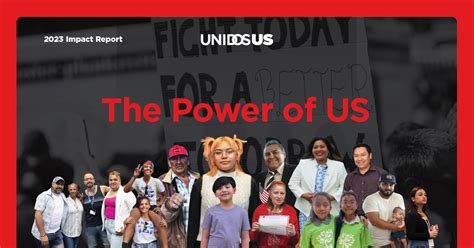
2. DeVos’ Policies on Adult Education
During her tenure as U.S. Secretary of Education, Betsy DeVos implemented several policies that had significant implications for adult education. One of her key initiatives was to expand access to vocational training and apprenticeship programs. DeVos advocated for greater federal support for career and technical education (CTE), emphasizing the need for programs that equip adults with practical skills for the workforce. She promoted the reauthorization of the Carl D. Perkins Career and Technical Education Act, which aimed to improve CTE programs and increase funding for state-level initiatives.
DeVos also focused on deregulation, aiming to reduce bureaucratic barriers that she believed hindered educational innovation and flexibility. Her policies encouraged private sector involvement in adult education, advocating for partnerships between educational institutions and businesses to create more tailored and effective training programs. Additionally, DeVos supported the expansion of online learning platforms, recognizing the importance of flexible learning options for adults balancing education with work and other responsibilities. While her policies were met with mixed reactions, they undeniably brought attention to the importance of adult education and workforce development.
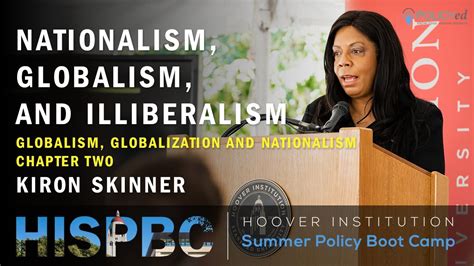
3. Impact on Professional Development Programs
Betsy DeVos’ policies had a notable impact on professional development programs, particularly through her advocacy for increased funding and support for career and technical education (CTE). By promoting the reauthorization of the Carl D. Perkins Career and Technical Education Act, DeVos aimed to enhance the quality and accessibility of professional development programs nationwide. This move was intended to provide adult learners with the necessary skills to adapt to an evolving job market.
DeVos’ push for deregulation and the reduction of bureaucratic obstacles also influenced professional development programs. By encouraging partnerships between educational institutions and the private sector, she sought to create more relevant and practical training opportunities. These collaborations aimed to ensure that the skills taught in professional development programs aligned with the needs of employers, thereby improving job readiness and career advancement for adult learners.
Moreover, DeVos supported the expansion of online learning platforms, which allowed for more flexible and accessible professional development options. This was particularly beneficial for working adults who needed to balance their education with other responsibilities. Her policies, though controversial, undeniably sparked a renewed focus on the importance of professional development in adult education.
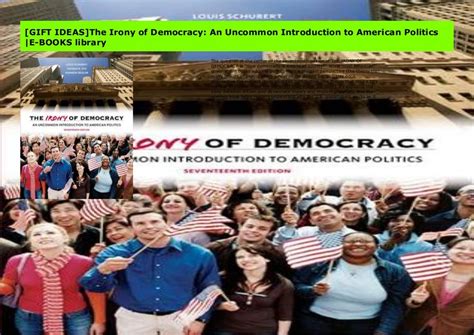
4. Changes in Lifelong Learning Initiatives
Under Betsy DeVos’ leadership, lifelong learning initiatives saw significant changes, emphasizing flexibility and adaptability in education. One major shift was the increased support for online learning platforms, which provided adults with the opportunity to continue their education at their own pace and according to their own schedules. DeVos recognized the growing importance of digital literacy and promoted programs that integrated technology into lifelong learning.
She also advocated for the expansion of vocational training and apprenticeships, which allowed adults to gain hands-on experience and practical skills directly applicable to the workforce. By pushing for greater federal investment in career and technical education (CTE), DeVos aimed to make lifelong learning more accessible and relevant to the needs of the modern job market.
Additionally, DeVos’ emphasis on deregulation sought to remove barriers that limited innovation in educational programs. This approach encouraged the development of new, diverse learning pathways tailored to individual career goals, ultimately aiming to foster a culture of continuous learning and professional growth among adults.
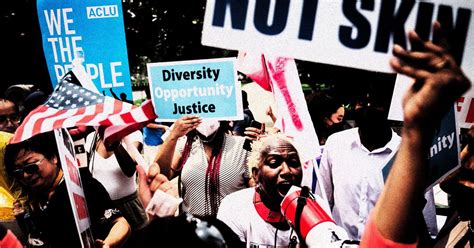
5. Criticism and Controversies Surrounding Her Tenure
Betsy DeVos’ tenure as U.S. Secretary of Education was marked by significant criticism and controversy. Many educators and policymakers argued that her emphasis on school choice and voucher programs diverted necessary funding away from public schools, potentially exacerbating educational inequalities. Critics also contended that her deregulatory approach favored privatization and reduced oversight, which they believed could compromise educational quality and accountability.
DeVos’ policies on student loans and for-profit colleges were particularly contentious. She faced backlash for rolling back regulations designed to protect students from predatory lending practices and fraudulent institutions. Additionally, her support for reducing federal oversight of accreditation processes was seen by some as undermining the integrity of higher education.
Her advocacy for increased private sector involvement in education also sparked debate, with opponents arguing that it prioritized corporate interests over students’ needs. Despite her efforts to promote flexibility and innovation, DeVos’ tenure remains polarizing, with significant debate over the long-term impact of her policies on the U.S. education system.
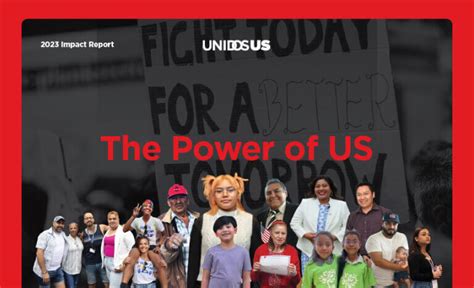
6. Success Stories and Positive Outcomes
Despite the controversies, Betsy DeVos’ tenure also saw several success stories and positive outcomes, particularly in the realm of adult education and lifelong learning. Her advocacy for vocational training and apprenticeship programs yielded tangible benefits for many adult learners. By championing the reauthorization of the Carl D. Perkins Career and Technical Education Act, DeVos facilitated increased funding for career and technical education (CTE) programs. This led to the creation and expansion of programs that equipped adults with essential skills for high-demand industries, thereby enhancing their employability and career prospects.
One notable success was the growth of public-private partnerships in education. These collaborations resulted in the development of more relevant and tailored training programs, directly addressing the needs of the job market. For instance, partnerships between community colleges and local businesses provided students with hands-on experience and immediate employment opportunities upon completion of their programs.
The expansion of online learning platforms under DeVos’ policies also proved beneficial, offering flexible learning options for working adults. This enabled many individuals to pursue further education without disrupting their professional and personal lives. The increased accessibility of online courses allowed for continuous skill development, fostering a culture of lifelong learning.
Moreover, DeVos’ emphasis on innovation encouraged educational institutions to explore new teaching methods and technologies. This led to the introduction of more adaptive and personalized learning experiences, catering to the diverse needs of adult learners. While her policies were divisive, they undeniably spurred a renewed focus on the importance of lifelong learning and professional development.
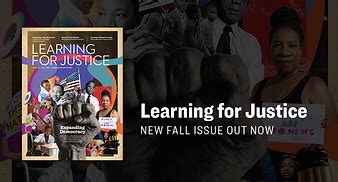
7. Future Implications for Adult Education and Lifelong Learning
The future implications of Betsy DeVos’ policies on adult education and lifelong learning are multifaceted. Her push for increased support for vocational training and apprenticeships has set a precedent for integrating practical skills with educational programs, potentially shaping future educational reforms. As the workforce continues to evolve, the emphasis on career and technical education (CTE) could drive more institutions to focus on aligning training with market demands, ensuring that adult learners are equipped with relevant skills.
The expansion of online learning platforms under DeVos’ tenure is likely to have a lasting impact, offering flexible educational options that cater to the diverse needs of adult learners. This trend towards digital and remote education may continue to grow, making lifelong learning more accessible and adaptable to individual schedules.
Additionally, her advocacy for public-private partnerships in education could encourage further collaboration between educational institutions and industry leaders, fostering more innovative and practical training programs. However, the ongoing debate about the balance between privatization and public education will likely influence future policy discussions.
Overall, DeVos’ policies have highlighted the importance of continuous learning and professional development, potentially driving future initiatives that emphasize flexibility, accessibility, and alignment with workforce needs.
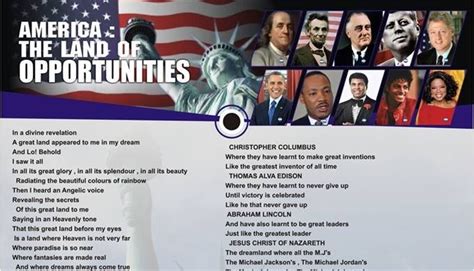
Betsy DeVos’ tenure as Secretary of Education brought significant changes to adult education and lifelong learning, fostering innovations in vocational training and online education. While her policies were met with both praise and criticism, they underscored the importance of continuous learning and professional development. The ongoing impact of her reforms will shape the future of adult education and career readiness.
gameshoek.com
